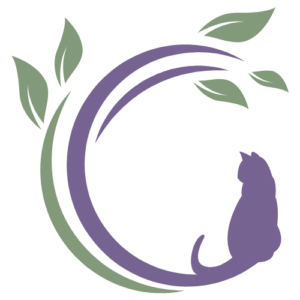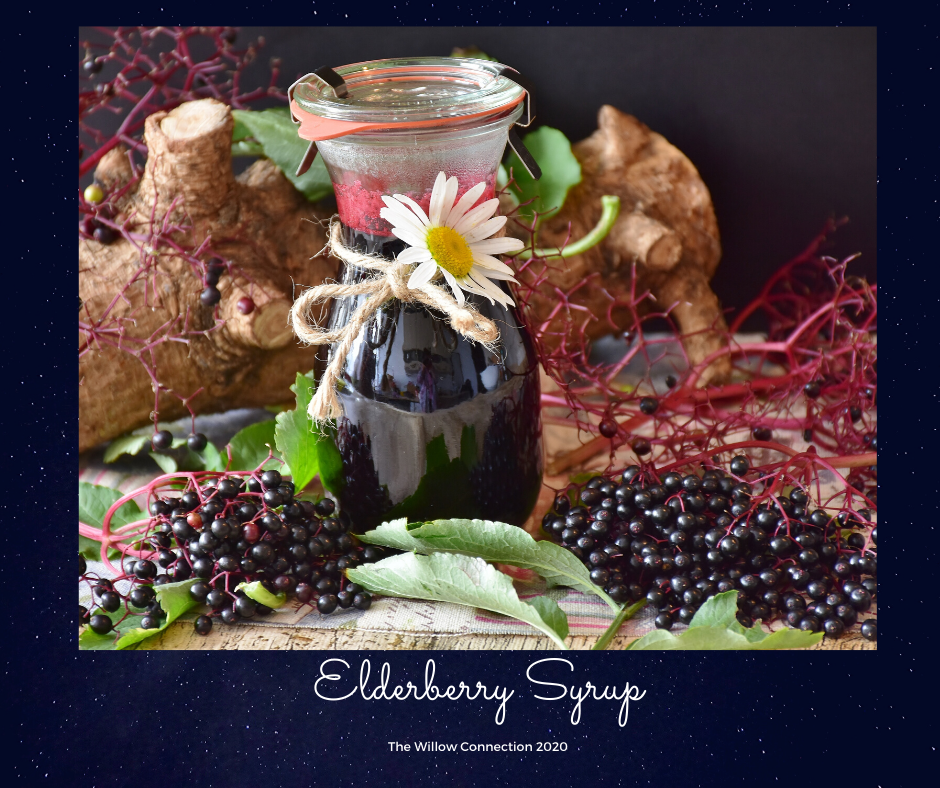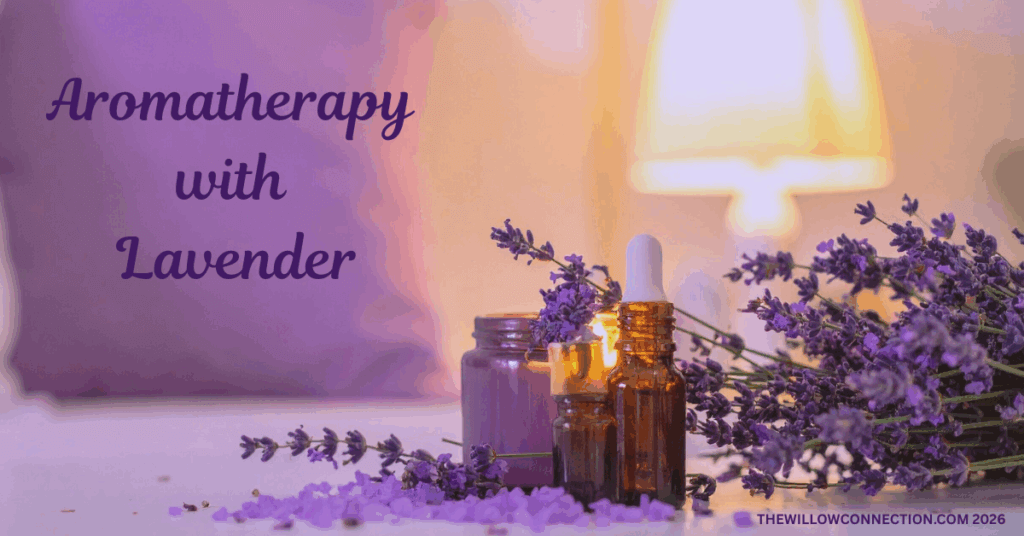Winter Woes
Nobody wants to get sick, but the truth of the matter is that we all fall prey to viruses now and then. Fortunately, there are some proactive choices you can make to minimize your chances of losing the battle every winter. The obvious precautions are washing your hands often, staying hydrated, and getting enough rest. Stress is another factor to consider when trying to stay healthy. It compromises our immune system making us more susceptible to exhaustion and illnesses. It’s important to remember that stress takes a toll on our emotions and our physical body. Winter can be a stressful time of year because of less daylight hours, holidays, and reducing our time outdoors to exercise. Planning ahead is important. We all do preventative maintenance on our vehicle, right? Our bodies deserve the same kind of care and attention to run efficiently.
Planning Ahead
A little foresight on your part can save you a lot of aggravation and discomfort. It’s hard to think about cold and flu season and the dark days of winter when it’s sunny and warm out, but autumn is when you should start considering how you will prepare for the long haul especially if you aren’t a winter person. The first thing you should consider is what you want to have on hand should you get sick. If you have decided you are interested in trying natural choices like herbs, you should start with some research. This can get very time consuming. When I was taking classes for my herbal certification, I spent countless hours doing research on all kinds of herbs and natural alternatives. Unless you are ready to jump into classes, this approach isn’t necessary right now in order to reap the benefits of healthier choices for yourself and your loved ones. There is plenty of information online about herbs and how you can use them. However, it is your responsibility to weed through the plethora of content and make sure you are using credible sites to glean that information. The last thing you want to do is trust information without verifying that multiple, reputable sites are sharing similar information. It is equally important to speak to your doctor about adding any new protocol to your diet especially if you are on medication. Some herbs can work against you if you are taking medication.
Once you have determined what herbs and recipes interest you, it is wise to understand the time and preparation required to make your winter goodies. Beyond the research, this is where some planning and time management comes into play. Many herbal preparations can take several weeks or more to complete. You don’t want to wake up sick one morning and then worry about what you don’t have readily available. Who wants to go to the store when they are sick? I certainly don’t. Working with herbs is no different. You will want to have some of your herbal remedies ready to use before you actually need them.
Time Saving Tips
As I mentioned earlier, it’s important to become familiar with the herbs you are using. If you like natural remedies, you have probably heard about the immune-boosting support of elderberries. Maybe you’ve even made some health candy, elixir, or syrup with elderberries and other herbs, but do you know what actions (how they affect our body) they each have and why they work? I’m going to shed some light on this subject and share some information that I gathered when I was learning to work with elderberries. There are many variations when making elderberry syrup or elixir, but I will include a snapshot of the herbs I use in the recipe I was given by my teacher.
Elderberry has anti-inflammatory and antiviral properties, which makes it a very popular herb on the market right now. It contains vitamins, minerals, and other properties that boost the immune system.
Astragulus is an adaptogen, which means it it supports the body’s ability to deal with stress. It also helps with boosting the immune system and relieving inflammation.
Fo-Ti supports the adrenals and helps nourish blood, liver, and kidneys.
Rose Hips are a good source of Vitamin C.
Nettles is another adaptogen helping the body manage stress. It also supports the respiratory system to include allergies.
Honey has antibacterial, antiviral, and immune enhancing properties. Source your honey locally (not store bought) and do not give to children under a year old.
Additional herbs can be added for lung congestion and cough:
Elecampane supports deep lung issues and Wild Cherry Bark helps with coughs and sore throats.
Although this recipe doesn’t include ginger, I would recommend adding it. Ginger helps with digestion, inflammation, and warms the body. Once you begin experimenting with your recipe, you can add other herbs as desired.
Elderberry Syrup
7 cups water
1 cup dried Elderberries
3 medium slices Astragalus Tongues
6 pieces Fo-Ti
1 ounce dried Rose Hips
1/4 ounce dried Nettles
1 cup locally sourced honey
3 tbsp. grated Ginger if desired
Bring water to boil in an enamel or stainless steel pot. Add Elderberries, Astragalus Tongues, Fo-Ti, and Rose Hips. If you want respiratory support, add the Elecampane and Wild Cherry Bark now as well. Stir, cover, and simmer for 35 minutes on a very low heat. Add Nettles and simmer another 7 minutes. Turn heat off and mash berries in the pot. Strain several times. Cool slightly and add honey while syrup is still warm.
Maintenance for Adults – 2 tsp. daily – Children – 1 tsp. daily
Intensive Use: Adults 2 tsp. 4x daily – Children – 1 tsp. 4x daily
Bottle and keep refrigerated up to a month. This recipe makes a very big batch, so freezing in smaller containers or ice cube trays is recommended. Adding Brandy or Vodka (as desired) after it has cooled down can also act as a preservative for a longer shelf life.





